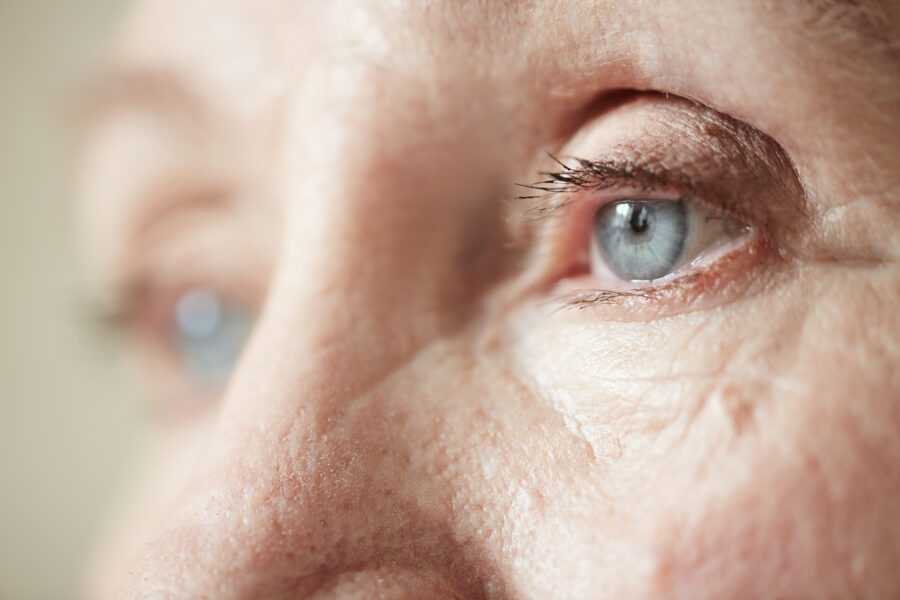

Blog post
COVID-19 making tinnitus worse
The study, involving over 3,000 participants revealed that 40% of those displaying COVID-19 symptoms experienced a worsening of their condition.
Although the research focused on those with pre-existing tinnitus, a small number of participants reported that it was initially triggered by the COVID-19 infection, suggesting that tinnitus could be a 'long COVID' symptom for some.
It also revealed that a large proportion of people believe their condition is being made worse by social distancing measures.
Lead author Dr Eldre Beukes, a Research Fellow at Anglia Ruskin University (ARU) said: "Some of the changes brought about by COVID-19 appear to have had a negative impact on the lives of people with tinnitus and participants in this study reported that COVID-19 symptoms are worsening or, in some cases, even initiating tinnitus and hearing loss."
Tinnitus is a common condition that causes the sensation of hearing a sound in the absence of any external sound. It affects one in eight adults in the UK and is associated with reduced emotional wellbeing, depression, and anxiety.
Internal worries, linked to COVID-19 such as fear of catching it, financial concerns, job security, loneliness and trouble sleeping have contributed to making tinnitus more bothersome for some. Whilst external factors such as; increased video calls, noisier home environments and home schooling has also contributed to exacerbating the condition.
Unfortunately, as we are still amid this pandemic, many more people will likely experience similar issues. This is something that needs to be closely examined by both clinical and support services.











